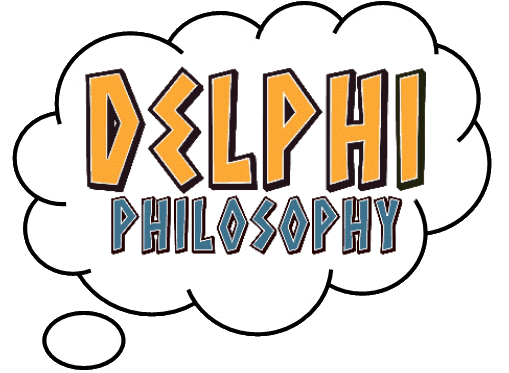Using Delphi's Guide to Athens
- Dave@Delphi

- Oct 26, 2019
- 3 min read

Hi everybody,
It's been the half term break for me this week, so we've got a week off from our series of lesson blogs. This gives us the perfect opportunity to take a look at what Rosie's Year 5 class have been doing with Delphi's Guide to Athens!

Our topic for this term is all about Ancient Greece, looking at its history and the geography features of the area. We had learnt previously all about the city-states of Greece and how they had fought and competed against each other in various wars and competitions. This provided a perfect opportunity to have a lesson solely focused on using Delphi’s Guide to Athens. As we are also using Delphi the Philosopher as part of our topic learning, the children had gained a bit of flavour for Athens but this lesson allowed us to dig deeper and to understand the roles of certain places more thoroughly.
Our lesson’s objective was to understand the features of civilisation. We first of all defined what we mean by civilisation and then jumped straight into using the interactive map to explore the city. I set the class a challenge to use the guide to discover the meaning of certain aspects associated with an Ancient Greek city-state, for example the agora or the Assembly, and to also find facts linked to certain topics, like sport or temples. The children were then given the remainder of the lesson to use the guide to find these answers.
The guide was extremely useful for lots of reasons.

Firstly, it was very easy to use and accessible for all children of all abilities. We used iPads and the map made it really simple for the children to navigate to places they wanted to go.
The pictures and photographs were useful to give the idea to the children of what Athens would have looked like then and what it looks like now. They were absolutely fascinated that some of the buildings were still standing (if only partially) today. It did feel like Delphi’s world was being brought to life.
The stories and the fact boxes linking to the specific places also enabled independence with the children. Written in child-friendly language, the class were able to use this to support their research without much input from myself.
Furthermore, the children were able to learn from each other’s discoveries. Throughout the lesson, I could hear different children excitedly sharing what they had found out with others near to them and I asked for volunteers to give any interesting facts they had found to the whole class. There was definitely a curious and enthusiastic buzz in the classroom that afternoon.
There was so much to discover and sadly we didn’t have time for the children to see it all, even after 45 minutes of pure research. But the fantastic thing is that they could access it from home at any time they wanted. The next morning I had so many come into to me to tell me that they had had a further visit on the website that evening and found out even more.

I will certainly make use of this resource with future classes. It is a resource that has everything you need for research and more! It also doesn’t take up a lot of time to prepare so, as a teacher, it is extremely helpful in terms of workload. With the links at the bottom of the map that group the places into the specific topics like Religion and Mythology, I know that I can also use it for focusing on one particular aspect of Ancient Greek life. Most importantly though, the children had fun and learnt so much at the same time. They really cared about their research and were keen to deepen their understanding. Every single child in that classroom was engaged, as a teacher, what more could you want?

You can discover more ways to use this free, online resource by visiting the teacher's guide to the site - or start exploring it yourself by visiting the children's site!




Comments